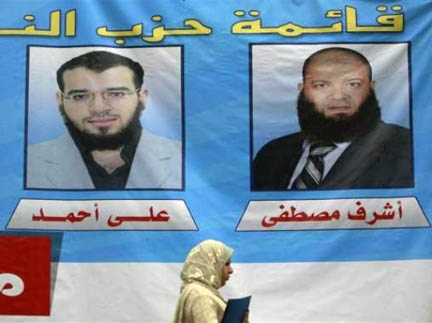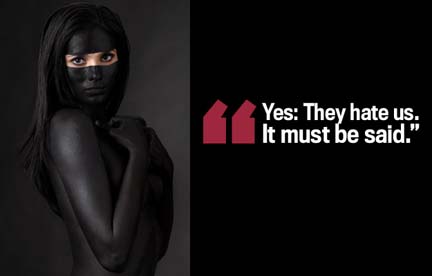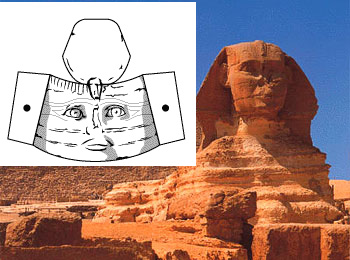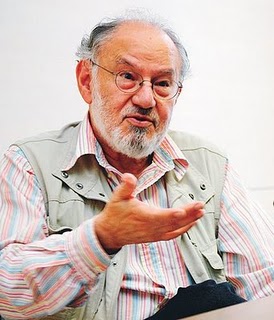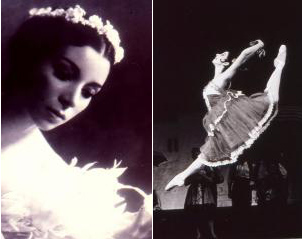
Magda Saleh, “Giselle”, Studio Portrait, Cairo, Egypt, 1968, left; Magda Saleh in “Don Quixote”, Guest Artist, Bolshoi Ballet, right
Panel Discussion: Dancing Culture and Controversy: Professional Women Dancers of the Arab World
Monday, June 4, 2012 6:30 pm at Alwan for the Arts
Join renowned professional dancers Magda Saleh of Egypt, Leila Molaei of Arab-Iranian descent, and dance anthropologist Najwa Adra, for a panel presentation and discussion on women professional dancers of the Arab world and diaspora.
Dance by women is the most controversial of all performance arts, because it is the body, the basis for construction of gender difference, which creates it. Traditional or culturally specific dances especially embody cultural ideals and taboos related to the female body.
Panel Discussion 6:30-8:30
$5 at door (Free for members.)
Magda Saleh will share vignettes of her trailblazing career path of classical dance, becoming Egypt’s beloved Prima Ballerina with the Cairo Ballet Company. She will also present footage of her 1979 documentary film, “Egypt Dancesâ€, highlighting women performers of Egyptian traditions such as zar, haggalah and others.
Leila Molaei, expert performer and teacher of raqs sharqi, Iraqi kawleya, and one of a handful of Arab professional dancers of these forms in diaspora, will speak to how she negotiates cultural challenges of performing female solo dances. Leila will also discuss gender issues in performance of dances such as kawleya and khaleegy, including demonstrations of relevant technique and issues such as costuming and context.
Leila will also be teaching a workshop on Iraqi dance and performing in NYC, presented by Mark Balahadia. For more information on the May 31 show, or June 2 & 3 workshop, visit www.markbalahadia.com.
Najwa Adra, cultural anthropologist specializing on dance in the Middle East region will serve as the panel respondent.
About the Artists: Continue reading Dance at Alwan →



